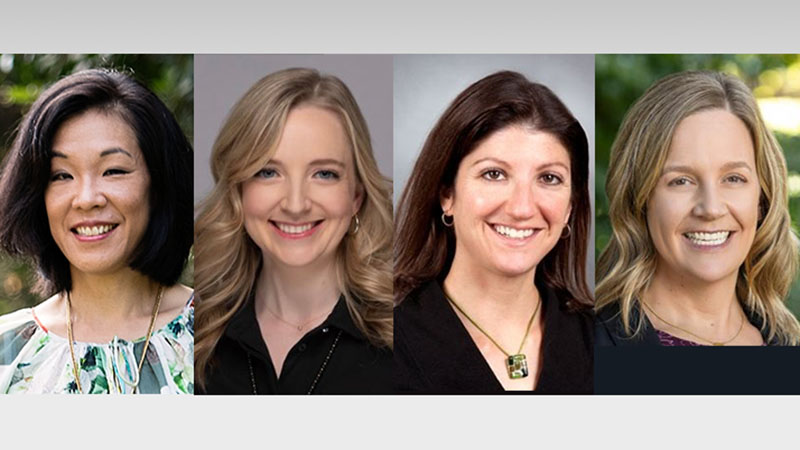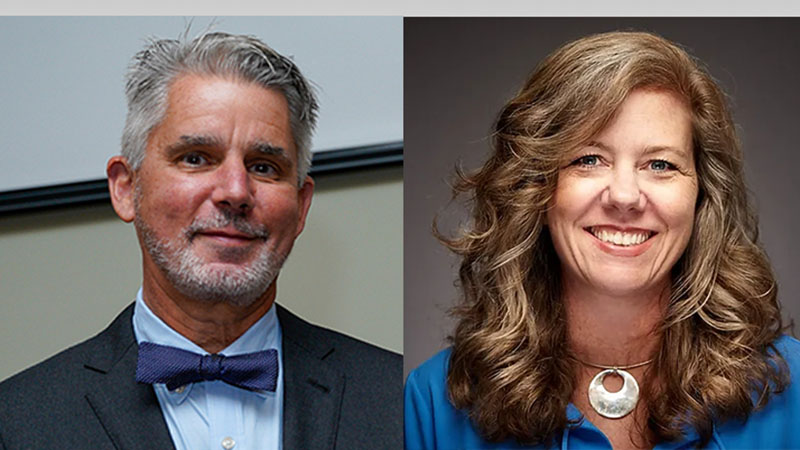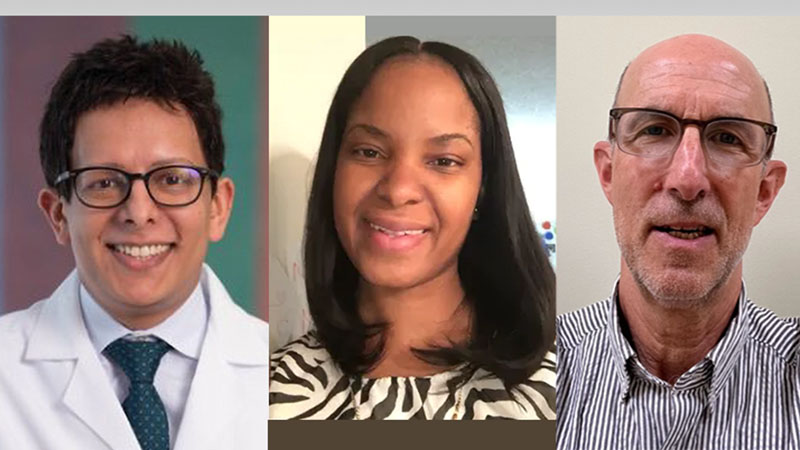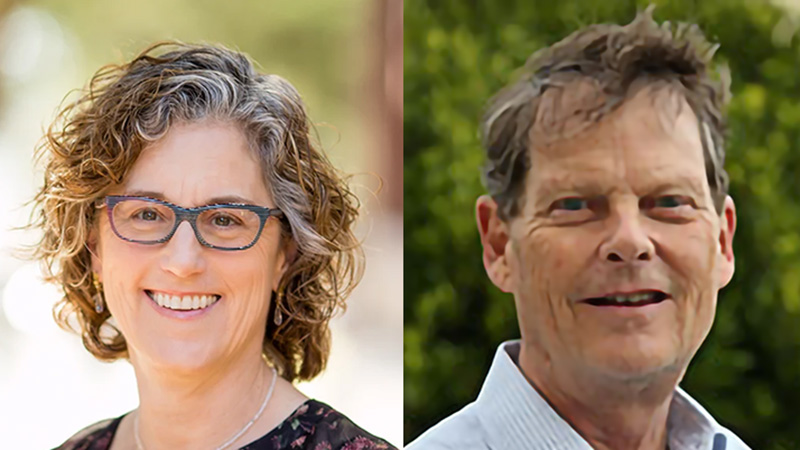What would happen to the quality of patient care in the United States if we had more time to spend with our patients? Would we train better doctors if our residents spent more time with fewer patients? An essay in the Annals of Internal Medicine by Dr. Stanley Shi-Dan Liu, a resident at Johns Hopkins Bayview Medical Center suggests the answer to these questions is an emphatic YES!
Dr. Liu reports on his experience on the Bayview Aliki Service. Residents on the Aliki Service admit half the number of patients as other medical service teams. By having more time with each patient, they are charged with getting to know their patients as people, both in and out of the hospital. Residents spend much more time preparing their patients for discharge, call all their patients after discharge, and conduct post-discharge home visits on many of their patients.
Dr. Liu eloquently reports how having more time with patients transformed his ability to provide good care, noting:
“My patients, their families, and I all knew each other by name, and I was no longer just another anonymous white coat coming in and out of their rooms.”
Relating a discussion of hospice care with the wife his patient with leukemia, he reports:
“I could sit down with her, hold her hand, and wait patiently as she cried without having the now familiar feeling of ‘hurry up and get back to work on the other patients!’ distracting me in the back of my mind.”
Dr. Liu notes several examples where more time with patients prevented potentially catastrophic medical errors during transitions of care. For example, for one nursing home patient, time to conduct a detailed review of her medical records led him to discover that she was supposed to be receiving antibiotic treatment for a resistant infection of her prosthetic hip. This issue was not noted in her transfer to the hospital. For another patient, a post-discharge call to the primary care physician revealed that the primary physician had not received the hospital discharge summary. As a result, he had no idea what was going on when the patient showed up for a pre-surgical evaluation, including why the patient was undergoing surgery. The time to make this call made it possible to get the patient’s care back on track.
Perhaps most important, Dr. Liu notes that the Aliki Service reawakened his passion for medicine:
“The Aliki Service provided a rare oasis in our training where we could practice the best medicine that we possibly could, rekindle the passion that brought us to our careers in the first place, and discover new passions.”
In an age where it seems that technology has dominated medicine, and the human touch of the profession is being lost, the Aliki Service provides a reminder that the core of medicine is the time we spend with patients. Hopefully, other residency programs will choose to replicate this service at their own institutions.
The Aliki service shows how spending more time with patients can be an exceptional therapeutic intervention. I suspect the impact on patient outcomes exceeds the impact of many pharmacologic, technologic, and procedural interventions that have been introduced over the past generation.
But perhaps the fact that having enough time to provide good patient care is considered so unusual and exceptional is a sad commentary on the state of American medicine and medical training.
by: [ken covinsky]




